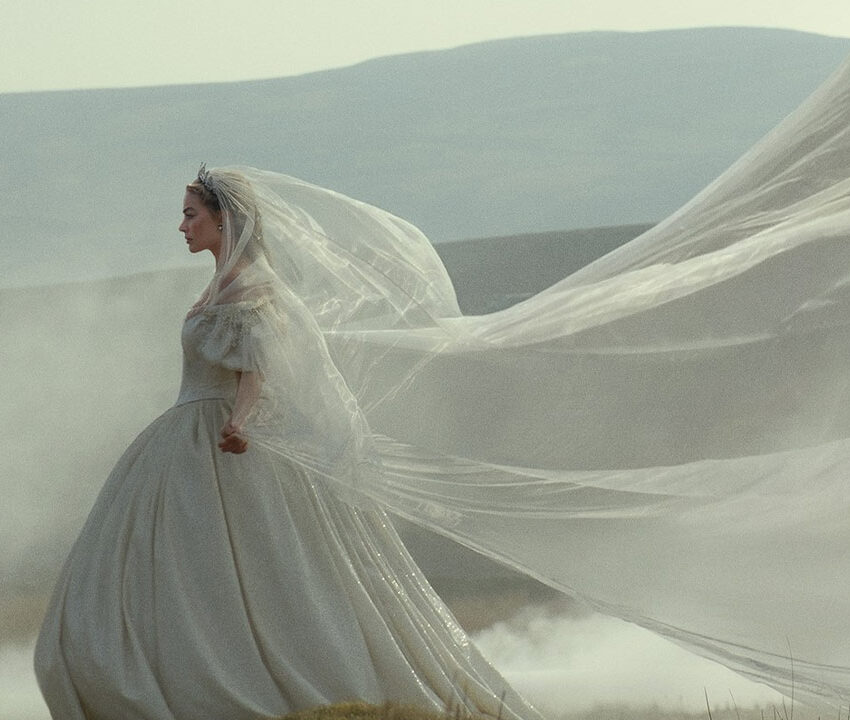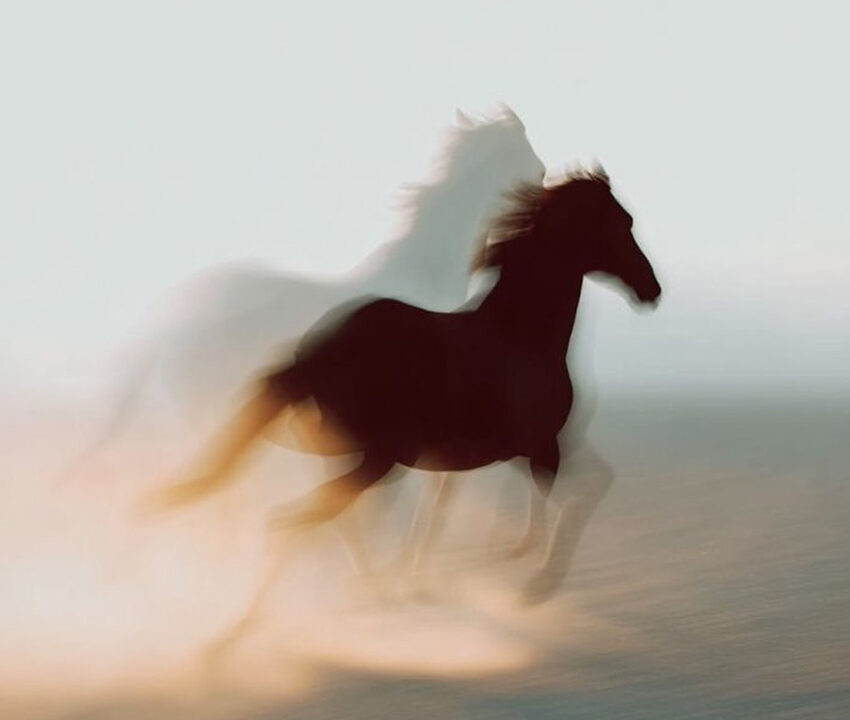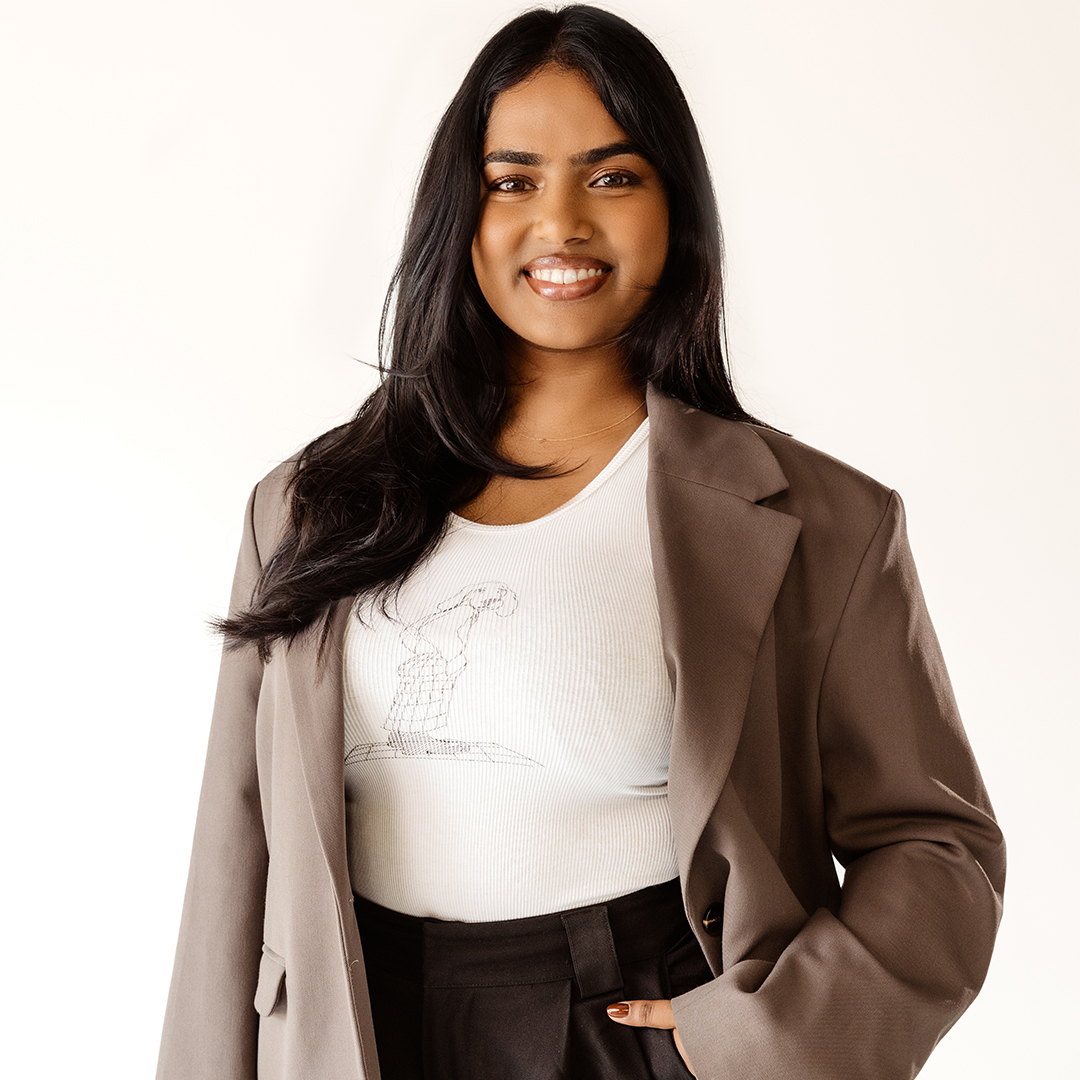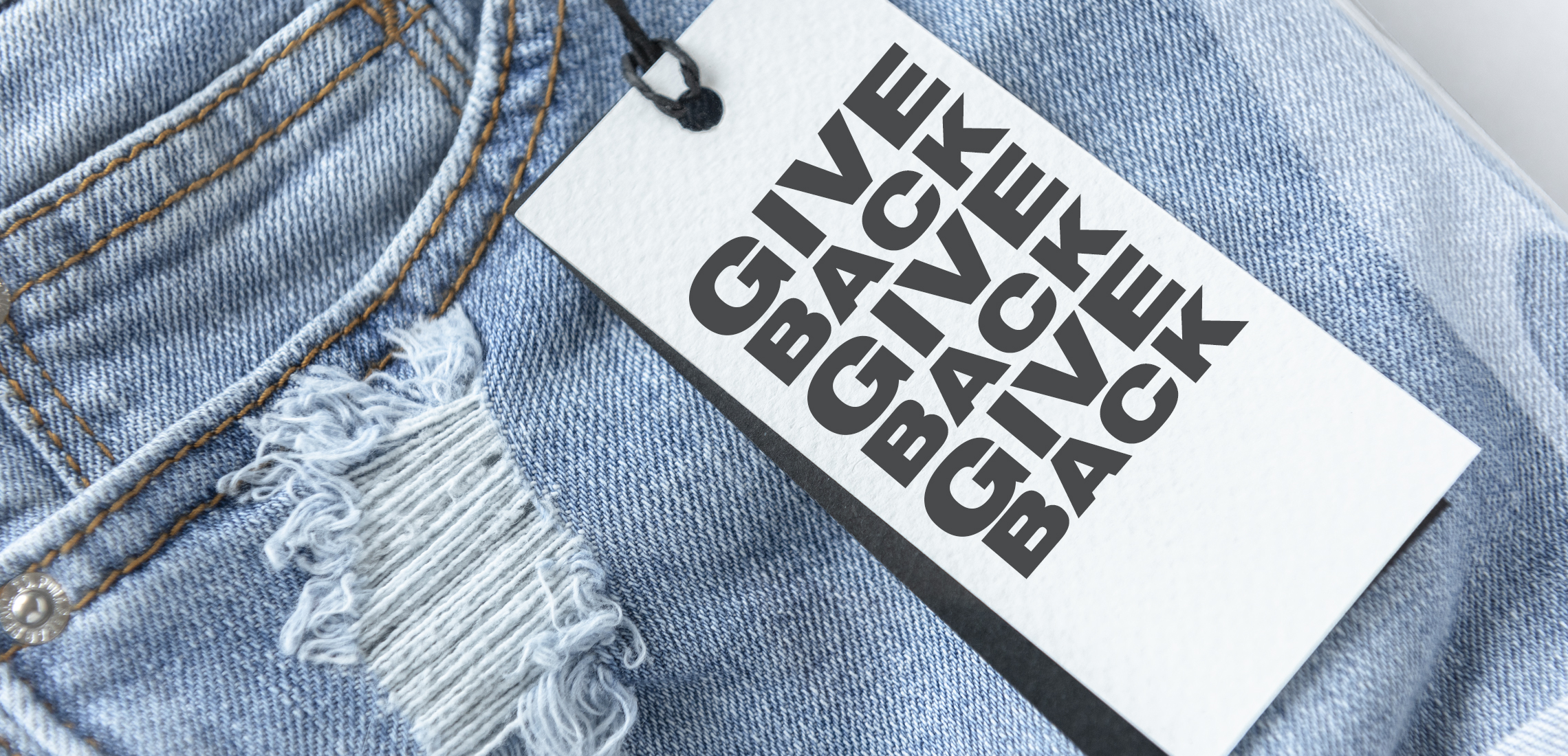
The Easiest Way To Change The World (Spoiler: All You Have To Do Is Shop)
This is the new retail normal
What’s the value of a dollar? 100 cents? A Maccas soft serve? Or all it takes to change a life?
i=Change is the revolutionary social movement using a single dollar to make a difference that matters. But they’re not asking you to dig into your pockets for loose change – all you have to do is buy that dress on your wish list, grab your weekly face mask, or treat your mate to a candle.
It sounds too easy to be true, but founder and CEO Jeremy Meltzer is on a mission to normalise philanthropy in everyday purchases, so you can give back every time you shop. He’s accrued quite the army, too, with all your favourite brands jumping on board. Think SIR the label, Manning Cartell, P.E. Nation, Shona Joy, St. Agni, Pillow Talk, Charlie Holiday, POSSE, Aceology, Magali Pascal, Cendré, and Alias Mae. Do I need to continue?
Raising over $4 million and counting (almost every second), plus a partnership with Afterpay forging their path forward, a dollar goes a long way in the hands of i=Change.
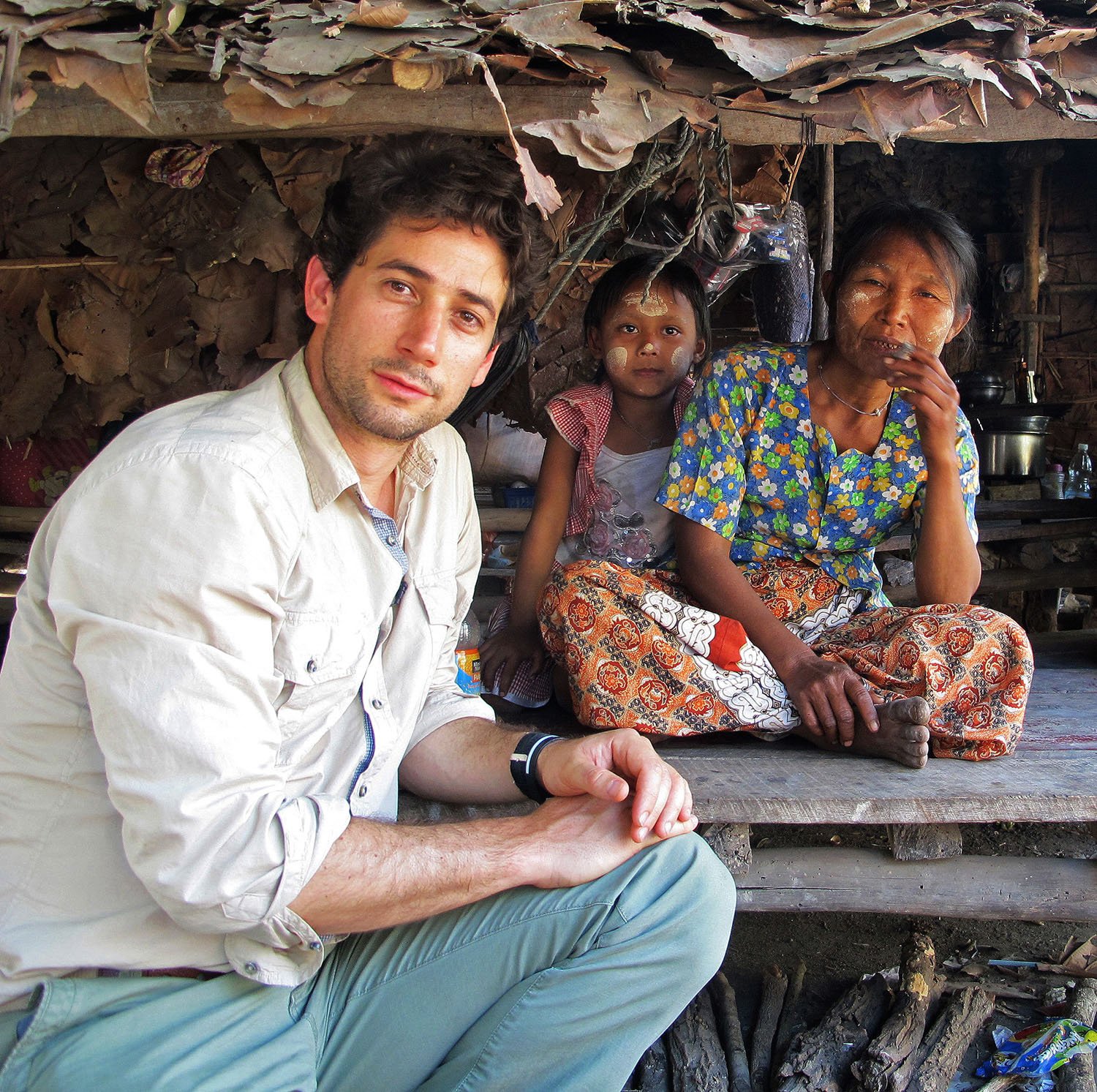
What inspired i=Change?
i=Change began as all things do – as an idea. Going back over 20 years ago, I lived in Havana for a few months, met a lot of the community and very quickly realised that every woman I spoke to had a story of some sort of violence from a man who was her husband/partner/boyfriend. And I remember thinking, what the hell is going on that all these women think that’s just what they do and that’s normal?
Of course, I’ve grown to realise this is a global issue, but in Australia it’s technically a crime. As much as it’s a huge issue here, we don’t expect that that’s what many people are doing, and I thought what are the cultural elements that make violence against women so pervasive in some communities. So, I started travelling and meeting NGOs everywhere I went to learn what I now call the ancient issue of our time. Alongside climate change, violence against woman and girls has emerged as one of the defining issues really of the century.
Coming from an entrepreneurial family (we have a little olive oil business), about ten years ago at three o’clock in the morning I woke up with an idea about how we can use business to get the NGOs more money so they can do their work and accelerate their impact.
The idea I had was very simple: what if we gave back from every sale? Instead of asking our customers to donate– which I always thought was a little bit insulting because of course customers know the brand has made money from their purchase – businesses should give back. And I thought, I’ve met all these brilliant NGOs, what if we could give our customers a choice and they could choose where their money goes? And that was the genesis.
How did you get i=Change off the ground?
We tested on the olive oil brand to see how customers would respond and they really did respond – they shopped more, they engaged more, they talked about it on social media. It worked so well, so we wanted to make it an independent place for retailers and have their customers respond in the same way.
That’s when we looked to accelerate its growth. I made contact through friends of friends of friends and managed to get a phone number to the woman who owns and runs Nine West in Australia. Nine West was great because we took a lot of learnings, built up the product and made mistakes – and they were very generous as we made all sorts of mistakes. Through that we were able to make a powerful launching foundation from which we could start to offer it to other retailers.
Why the name i=Change?
It just felt like a call to action. If someone says it, they take ownership of it by default. To say i=Change means ‘I equal change’. What’s the universe but a multitude of dots that all have a chance? We are all a piece of the ocean and every choice we make adds up. It’s the small choices that we all make every day that change. Systems are just ideas that enough of us believe in to accept as normal.
What’s i=Change’s mission?
For retailers, i=Change makes it simple and powerful to give back. For consumers, it makes it simple to find and shop those brands that give back from every sale. For us, it’s an honour to be able to deliver a solution which is creating change in Australia and around the world. Also putting my privilege to good use. I’m very aware of how fortunate I’ve been in life with community, family, education, being in Australia, being a male and to put whatever skills and talents I may have towards something that’s bigger than me.
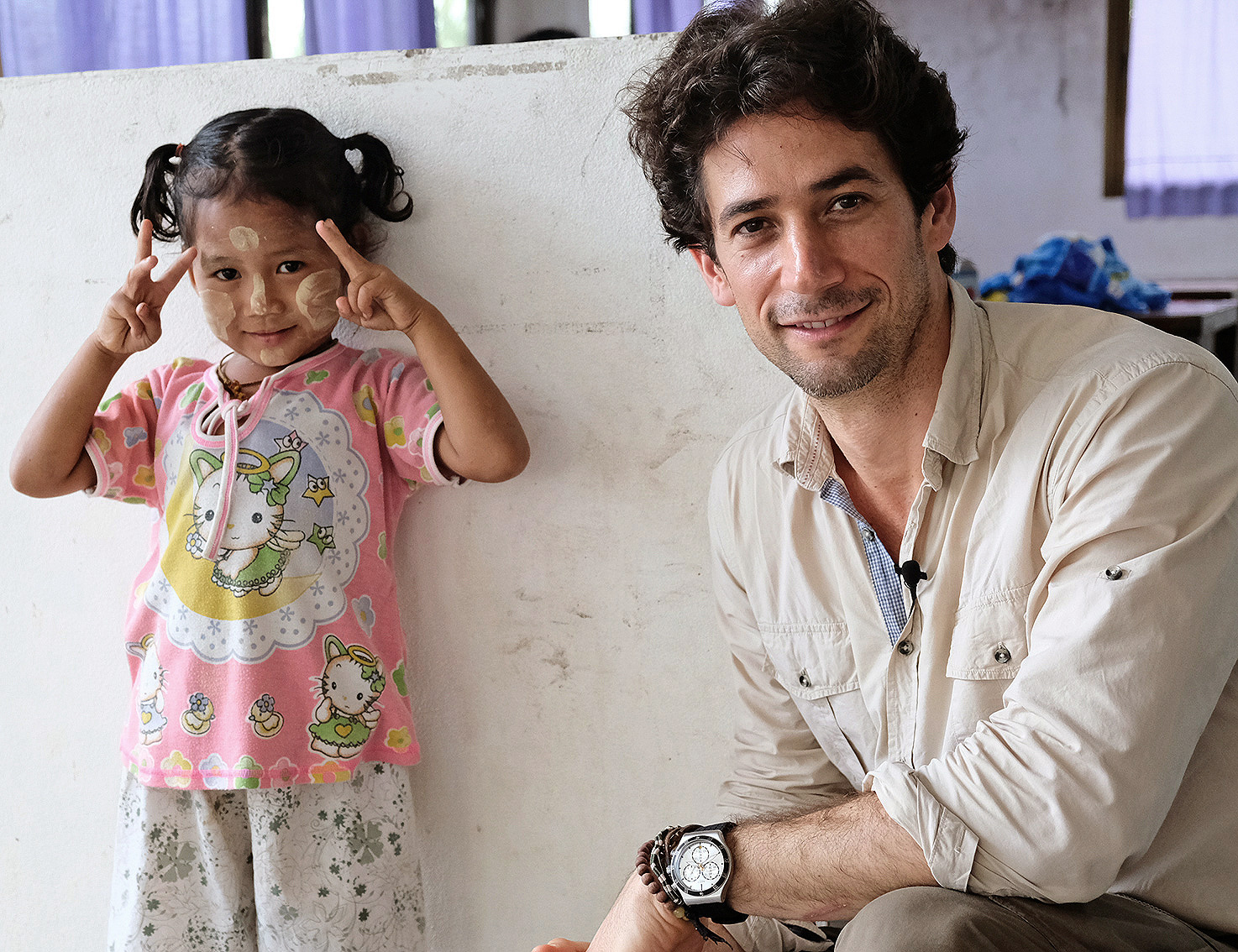
What was the first NGO you supported?
I met the founder of Women For Women International – a remarkable woman called Zainab Salbi. Her father was a private pilot for Saddam Hussein, and she has an incredible story where her parents got her out because of the danger she was in being so close to the royal family in Iraq. She ended up moving to the US and started this NGO for women who were survivors of war, with the premise that women hold communities together and rebuild communities during and after war – given what she’s seen in Iraq and Rwanda. They were our first NGO partner based out of Washington.
We realised that brands want the tax deductibility understandably, so the NGOs must be based out of Australia. They can still be working globally, but they’re registered as charities in Australia. It makes sense to build this out in Australia first – we’re a few years behind the US. In the US, you wouldn’t start a retail brand without a giveback component or having that social enterprise element. But in Australia, 95% of brands don’t, so i=Change was just fortunate to be built at the time of this fast-growing movement, which is now consumer driven with retailers shopping their values more than ever.
Covid has really accelerated this – we’ve had three times the increase in brands reaching out to us saying we know we’ve got to do something; we’ve got to stand for something and have a product with a purpose – what do we do? Understandably this is not the retailer’s skillset and we’ve fortunately emerged with a unique solution, at a time where all of us as consumers know we’re entering a critical period in our history, and we must make every choice count. Shop consciously, consume less, and buy from brands that reflect our values. Brands have realised that they must transparently build that purpose into their brand, so it’s an exciting time and a public time to do what we do.
How do you choose what brands you work with?
We don’t partner with the obvious brands like guns, porn, alcohol – anywhere where there is obvious exploitation of women in terms of their messages. We are quite pragmatic in terms of the retail partnerships. We realise that every brand is on a journey to being quote-unquote ‘sustainable’, and even defining sustainable is a difficult thing. We are beginning now to ask our brands to sign a code of conduct which is based around the UN Global Compact and the UN Development Goals, which gives them a guide around their ethics, their sustainability, their human rights compliance, their supply chains, and gives them a set of principles to work towards.
How did you feel when you raised your first $1 million?
I was actually up in the Himalayas at the time with one of our incredible project partners, the Adara Group. We were visiting their human trafficking work – they work in remote communities in Nepal. So, I didn’t even know until I got back down, and I could get back online. It was incredible to be seeing the work, and in a small way, the impact we’re able to have directly, and then to see we hit that milestone.
What impact has i=Change had?
We’re helping to keep young women in Rwanda at school, to give them an education that provides the foundations they need for the private sector. We’re ensuring that women in East Africa have access to sanitary napkins so they can go to school – women can often miss up to 11% of the school year, which can have an exponential impact on their learning capacity. We’re supporting The Fred Hollows Foundation to perform cataract surgeries. We’re helping to end violence in Papua New Guinea. We’re working across different programs with UN Women.
We also have sustainability projects. We’re about to partner with WWF. We partner with Greening Australia who are committed to planting a billion trees across the country. We’re excited to make a small but growing contribution every day.
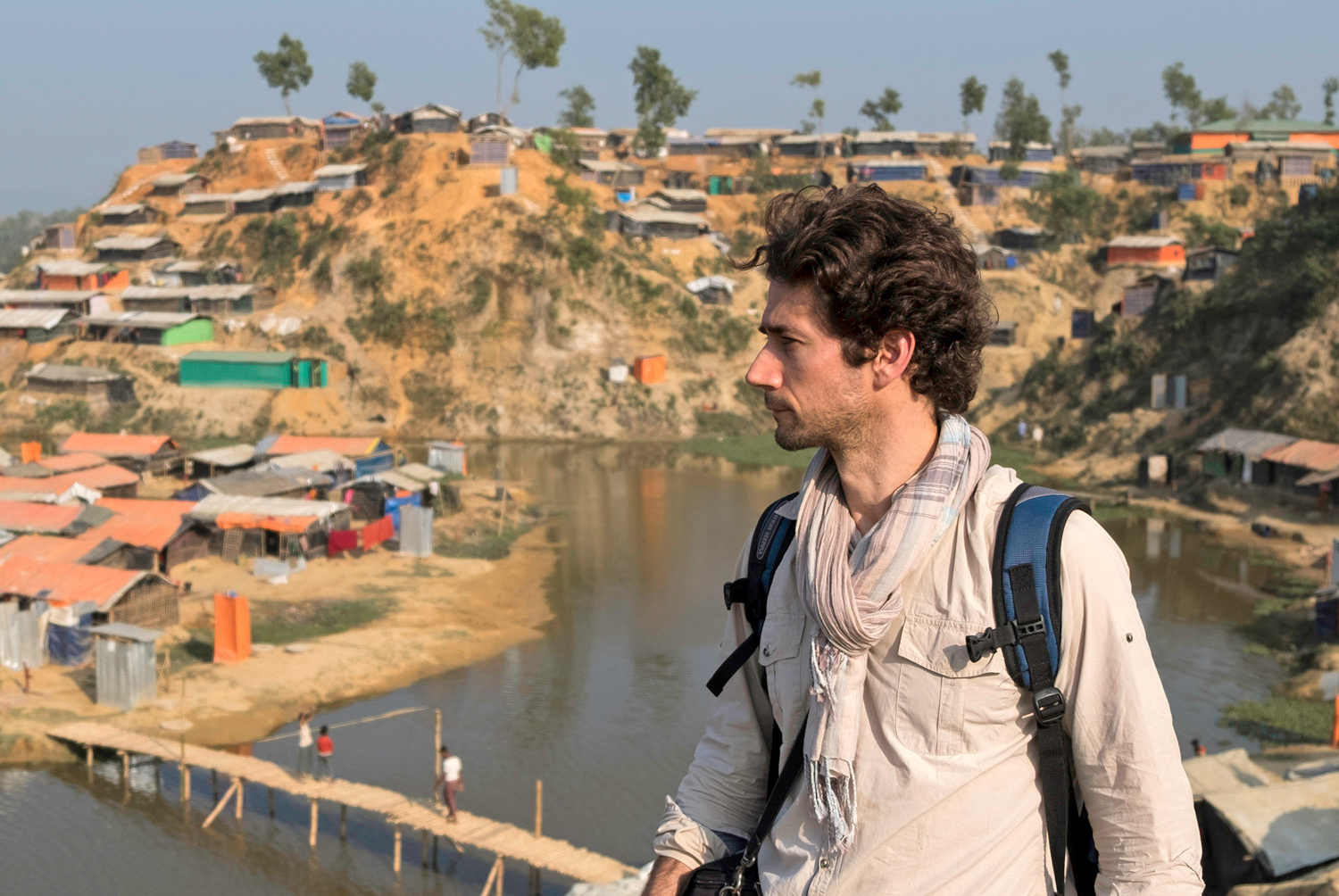
How will your partnership with Afterpay help your work?
We expect it to accelerate growth significantly. We have the case studies to show that businesses giving what is considered a cost is actually driving a return. In terms of customer engagement, it increases sales. The fact that they give back is becoming part of their marketing, and when it’s done authentically and long-term, we’re seeing the benefits for all stakeholders. On Afterpay, there’s a category on their site where consumers can shop brands that give back, and we’re planning for that category and the i=Change site to be a destination itself.
What’s the future of i=Change?
We’re a little bit ambitious, and our goal is to create the new normal – where brands must give back on every sale in order to be relevant. Our lofty goal is to create a tipping point where it’s just expected. It’s kind of like how now you expect to split your payment four ways – it’s expected to give back to an NGO project. And if you don’t, you’ll become less and less relevant as a brand.
We’re already seeing that start to happen, and it’s really exciting to play a leadership role in driving that change because the impact that would have in terms of raising tens of millions of dollars annually (if not tens of millions of dollars monthly) would be absolutely life changing.
*add to cart* and make a difference with i=Change here.





